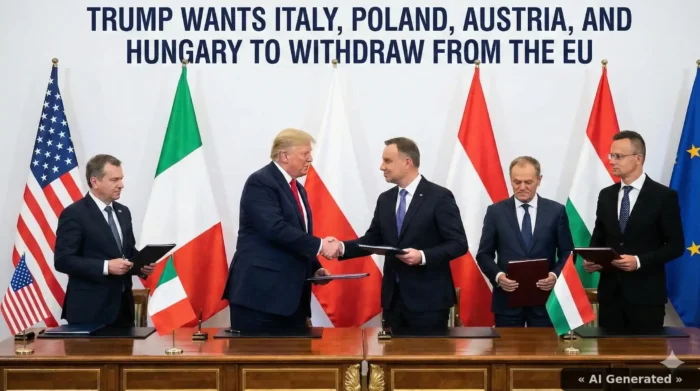The Hague Program for Cyber Norms, a Dutch think tank affiliated with Leiden University, has recently published a report investigating European responses to Covid-19-related disinformation and foreign influence operations, According to the report:
December 2021 This research project investigates how European states have responded to information influence operations related to COVID-19, particularly investigating the role of foreign sources of influence. Our objective has been to better understand the new challenges – both in practice and research – that have arisen from national experiences. The questions that guided our research project have been: How has the context of a pandemic impacted the way European states counter information influence? Which policy trends have emerged and which results have they yielded? Which issues generated divergence and/or convergence across Europe?
In the following sections of this introduction, we delve into five topics of debate that derived from our national reports on France, Germany, Hungary, Serbia, Sweden, and the United Kingdom. First, we explore the international dimension of European responses to the ‘infodemic’ focusing on the UN processes in which disinformation is being discussed. Second, we examine the types of European responses countering disinformation: actor-centred, content-centred, and dissemination-focused measures. Third, we analyse the various national institutional set-ups and legal frameworks dealing with disinformation and what developments we might expect in the future. Fourth, we discuss national and European efforts to regulate online platforms, a contentious and hot topic in Europe. Fifth, we analyse the implications of counter- measures for democracy and individual rights and freedoms. Finally, we draw some conclusions on the issue of responding to information influence, before providing policy recommendations.
Read the full report here.
The report argues that influence operations are effective when actors exploit political and societal divisions in target countries..The report demonstrates that western countries such as France, Sweden, Germany, the United Kingdom, Serbia, and Hungary have proven vulnerable to influence campaigns that exploit this weakness. The report also argues that to some countries, such as Russia, disinformation is a relatively cheap and safe way to exercise power abroad. In contrast, others, such as China, seem less intent on creating societal unrest but rather seek to protect and promote their international reputation. However, we recently reported that the objectives of China’s influence operations in Europe have shifted in recent years from using propaganda to boost its image to adopting more coordinated efforts to spread disinformation and pro-China narratives.









